
Each year, Maryland’s poultry industry produces tens of millions of pounds of ammonia—a nitrogen compound emitted from thousands of chicken houses across the Eastern Shore. This pollution lands on nearby soils and waterways, fueling algal blooms, depleting oxygen, and harming aquatic life. Despite the industry’s enormous impact, Maryland residents shoulder the cleanup costs while air and water quality continue to decline. Chesapeake Legal Alliance works to hold polluters accountable and advocate for stronger protections for communities and the Bay.

Chesapeake Legal Alliance, on behalf of ShoreRivers, filed a Clean Water Act lawsuit against Valley Proteins to address ongoing water pollution violations discharging into Maryland’s Transquaking River. The case spurred significant regulatory action from the Maryland Department of the Environment. Working with ShoreRivers and the Chesapeake Bay Foundation, CLA helped secure a modernized discharge permit for the facility, enforce penalties for violations, and block state-funded technology upgrades due to the company’s long-standing noncompliance. This outcome underscores CLA’s critical role in protecting waterways from industrial pollution and strengthening environmental law enforcement.
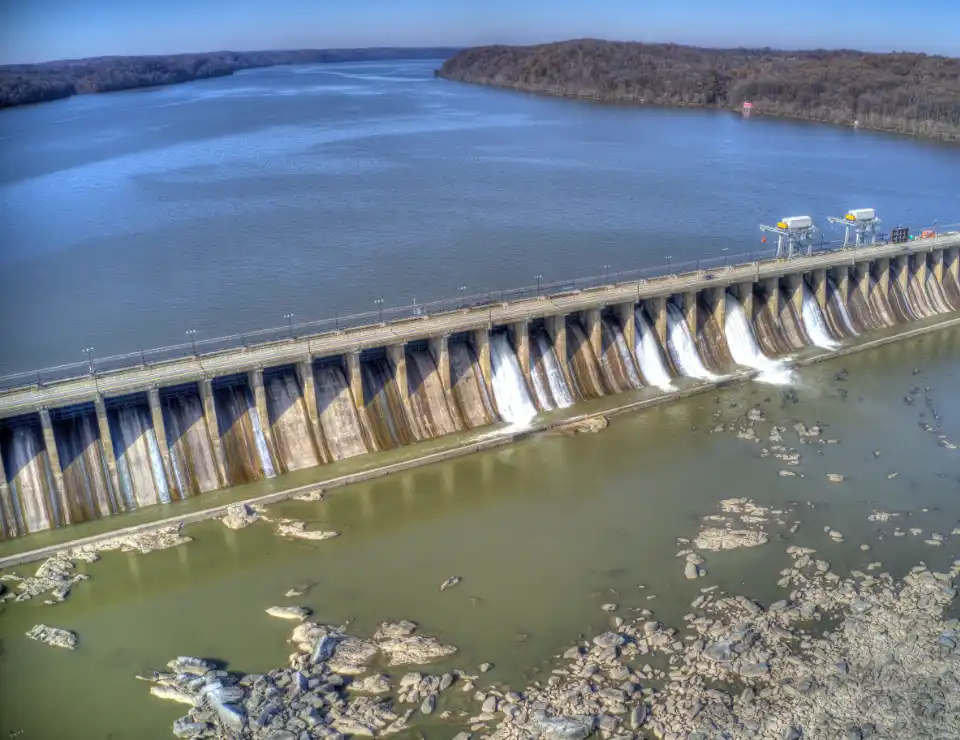
In 2022, the Lower Susquehanna Riverkeeper Association and Waterkeepers Chesapeake, represented by Earthjustice, secured a landmark legal victory when a federal appeals court required the Maryland Department of the Environment to fully review the State’s Clean Water Act water quality certification for the Conowingo Dam. Following that decision, these organizations turned to Chesapeake Legal Alliance for support. After assisting with supplemental briefs, CLA has taken a lead role in a multi-party mediation process to negotiate protective terms for the Dam’s next operating license. Since the Conowingo Dam is the single largest source of pollution to the Chesapeake Bay—and the upcoming license could extend for the next 50 years—this work is crucial to the Bay’s long-term health.

The 2024 legislative session left many environmental advocates frustrated, marked more by what didn’t pass than by what did. One major bill that did pass could even have lasting negative effects. Still, Chesapeake Legal Alliance celebrates key victories: the passage of its two priority bills, along with several other new laws that will make a meaningful difference for Marylanders and their waterways.
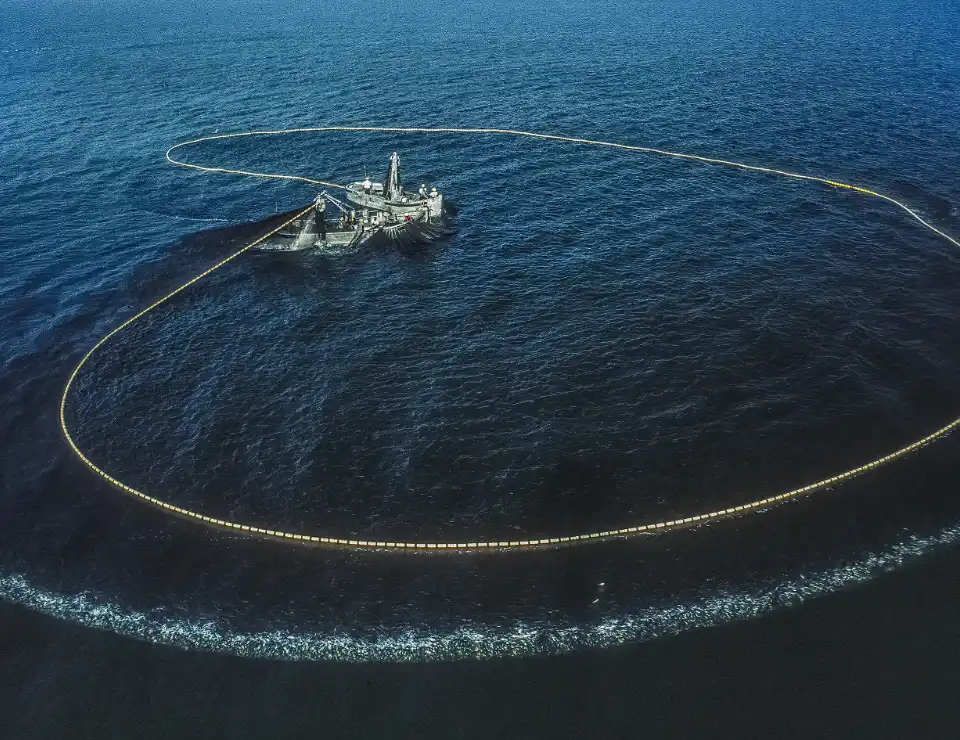
In spring 2023, Chesapeake Legal Alliance filed suit on behalf of the Southern Maryland Recreational Fishing Organization against the Virginia Marine Resources Commission. The lawsuit seeks to compel the Commission to uphold its mandate to protect the Atlantic menhaden fishery—an essential food source for striped bass, osprey, and other wildlife—and safeguard the marine resources of Virginia waters and the Chesapeake Bay. The case is currently pending in the Virginia courts, with significant implications for the future health of the Bay’s ecosystem.
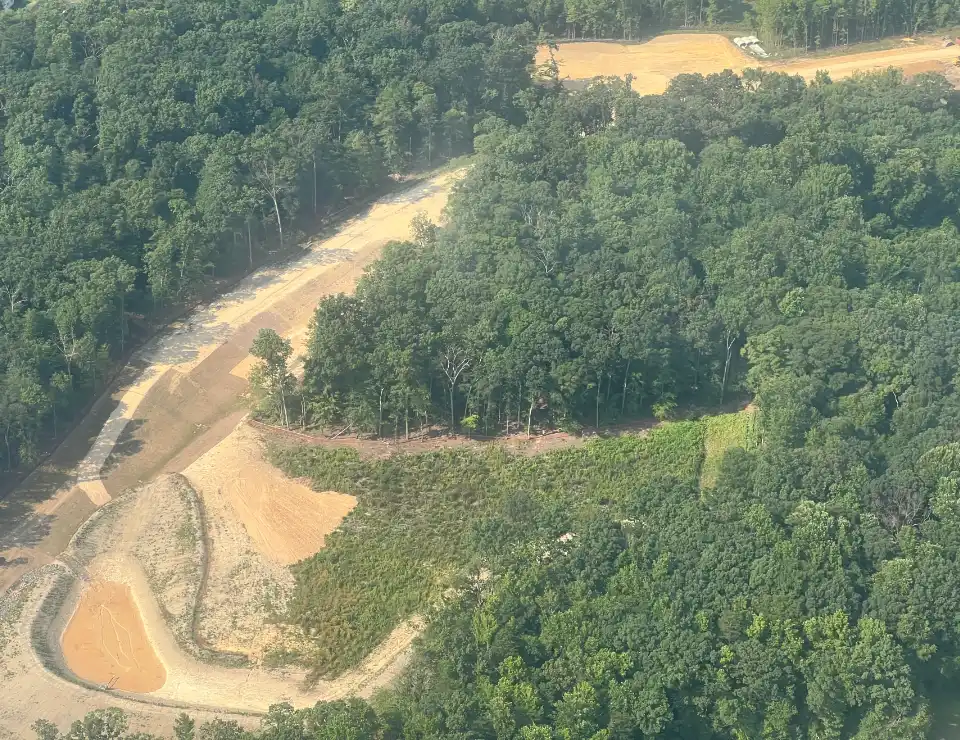
Since 2019, Chesapeake Legal Alliance has represented Gunpowder Riverkeeper in opposing a proposed business park at the Abingdon Woods site. The project would clear hundreds of acres of one of the last intact forests in the Bush River watershed, destroying wetlands and threatening water quality in the Bush River and the Chesapeake Bay. CLA continues to support efforts to protect this critical landscape and prevent irreversible environmental damage.

The rapid growth of Virginia’s data center industry has raised serious concerns for residents and communities across the state. These facilities require vast amounts of often undeveloped land and significant public investment in the electric grid, threatening Virginia’s path to a clean energy future. Northern Virginia now hosts the highest concentration of data centers in the world, representing the only growing sector of electricity demand in the state—which is projected to more than double its peak load by 2040.
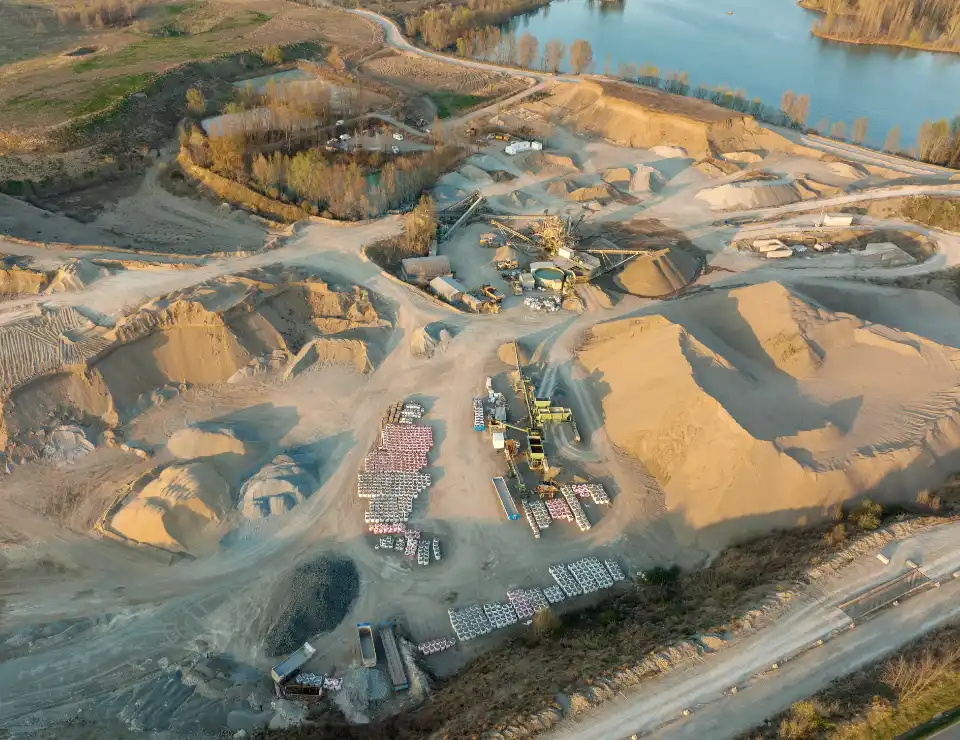
Lothian, a rural community in southern Anne Arundel County, has long been overburdened by industrial and municipal pollution. Within just five miles, 22 of the area’s 33 industrial sites cluster together, creating a concentration of environmental hazards that has earned Lothian the label of a “sacrifice zone.” Along a narrow stretch of Sands Road alone, CLA identified at least ten sources of water pollution, including five mobile home park wastewater treatment plants (WWTPs), two closed landfills, and no less than three sand and gravel mining operations. These facilities, combined with truck traffic and noise, have degraded residents’ quality of life—disproportionately impacting a low-income, largely minority community.
In 2020, when residents and the Patuxent Riverkeeper sought help, CLA attorneys uncovered widespread permit violations among local operators. To fight back, CLA developed a comprehensive strategy that tackled both local zoning and land-use loopholes as well as deficient state pollution permits—working to hold polluters accountable and restore protections for Lothian.
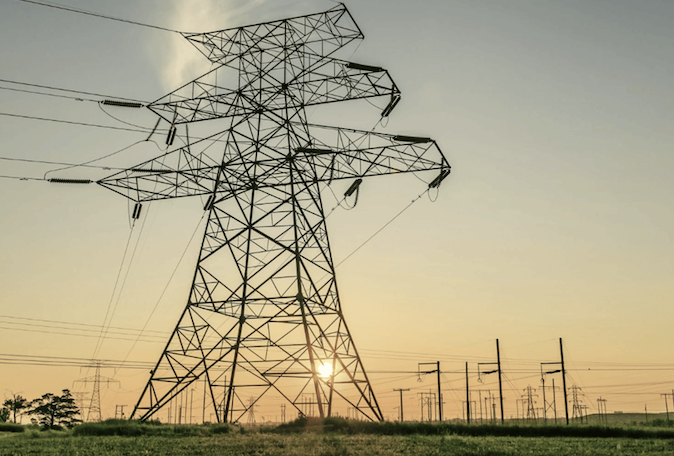
PSEG Renewable Transmission LLC has proposed the Maryland Piedmont Reliability Project (MPRP), a high-voltage transmission expansion spanning Baltimore, Carroll, and Frederick Counties that threatens streams, wetlands, and forested landscapes within the Potomac watershed. On behalf of the Potomac Riverkeeper Network, Chesapeake Legal Alliance intervened before the Maryland Public Service Commission to ensure the project undergoes rigorous environmental review prior to any approval. CLA’s advocacy has already helped slow the approval process, safeguarding statutory protections for Maryland’s waters and communities as regulators evaluate the project’s necessity, impacts, and alternatives.

In 2021, Chesapeake Legal Alliance was contacted by Gunpowder Riverkeeper regarding the 100+ acre Ridgely’s Reserve development in Joppa, Maryland. Once forested and containing headwaters of the Gunpowder River, the site has been cleared by two of the largest homebuilders in the U.S., resulting in repeated sediment discharges into Foster Branch, the tidal Gunpowder River, and the Chesapeake Bay. Since 2021, Maryland Department of the Environment (MDE), our client, and the local community have documented excessive and repeated sediment discharges flowing into Foster Branch and ultimately ending up in the tidal Gunpowder River and Chesapeake Bay.
In August 2024, CLA sent a notice to the developers of intent to file a federal lawsuit for ongoing violations of their Clean Water Act permit. The case is currently pending in Maryland courts, with CLA advocating for the protection of the watershed and local communities.

After a 12-year legal battle, CLA’s pro bono network attorneys, alongside SACReD, West/Rhode Riverkeeper, and the Chesapeake Bay Foundation, achieved a major victory protecting the north shore of Deep Cove Creek in Churchton, MD. The Anne Arundel County Board of Appeals nullified the County’s 2016 approval of the Turtle Run development plan, which proposed 11 homes in violation of Maryland’s Critical Area law. The law limits density in Resource Conservation Areas to safeguard water quality and habitat. Despite Snyder Development’s attempt to circumvent these restrictions by redefining “site,” the Maryland Critical Area Commission rejected this interpretation, leading to the Board of Appeals’ final decision. This precedent-setting win, made possible by CLA volunteer attorneys and local advocates, strengthens environmental protections and promotes responsible development in Anne Arundel County.

In December 2021, Chesapeake Legal Alliance filed a Clean Water Act complaint on behalf of Blue Water Baltimore to address ongoing pollution from Baltimore’s Back River and Patapsco wastewater treatment plants. These two largest plants in Maryland have repeatedly discharged bacteria and nutrient pollution far above permitted limits, including partially untreated sewage, posing serious threats to public health and the environment. CLA’s legal action seeks to hold these facilities accountable and protect Baltimore’s waterways.
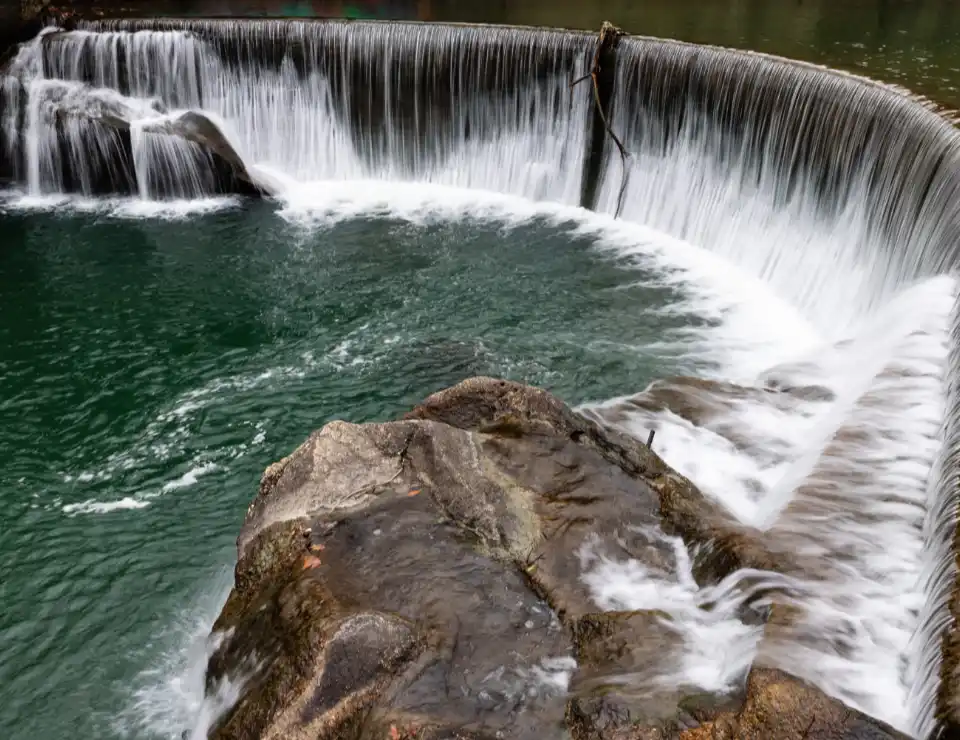
In 2022, Chesapeake Legal Alliance—on behalf of Blue Water Baltimore and Gunpowder Riverkeeper, and alongside the Environmental Integrity Project (EIP) and Chesapeake Bay Foundation (CBF)—filed suit against the Maryland Department of the Environment (MDE), arguing that the state’s General Permit for industrial stormwater discharges failed to adequately protect water quality. As a result of this advocacy, MDE voluntarily withdrew the permit to allow for additional public input. CLA and its partners submitted supplemental comments during that process. MDE has since reissued the permit, and litigation has been revived. CLA continues to represent its clients to safeguard water quality and protect fenceline communities impacted by polluted runoff from industrial sites covered by the Permit.
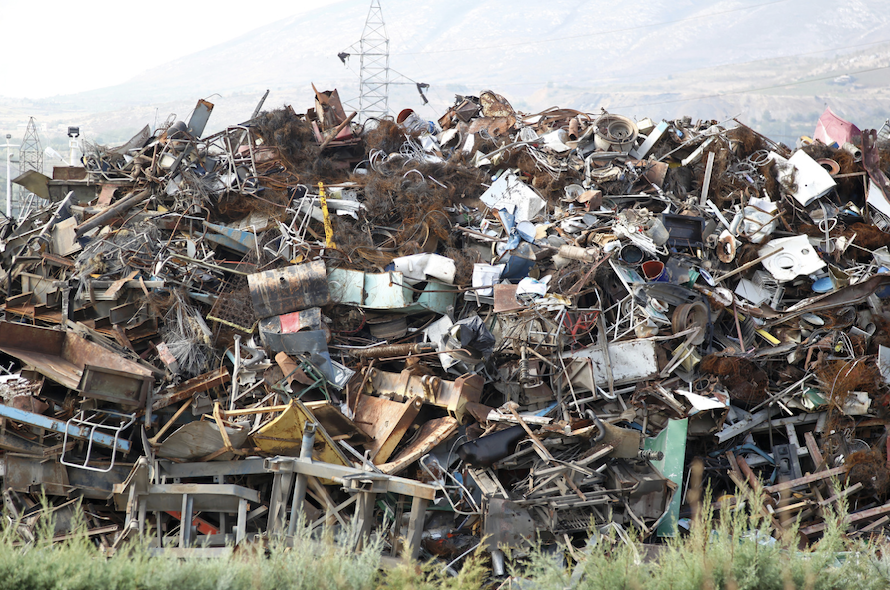
J & K Salvage, a metal scrapyard in York County, PA, has been linked to illegal discharges and solid waste contamination threatening local waterways. On behalf of the Lower Susquehanna Riverkeeper Association, Chesapeake Legal Alliance investigated the site and, in March 2025, filed a Notice of Intent to Sue under the Clean Water Act and the Resource Conservation and Recovery Act. CLA is working diligently to ensure this facility is held accountable and to protect communities and waters downstream.
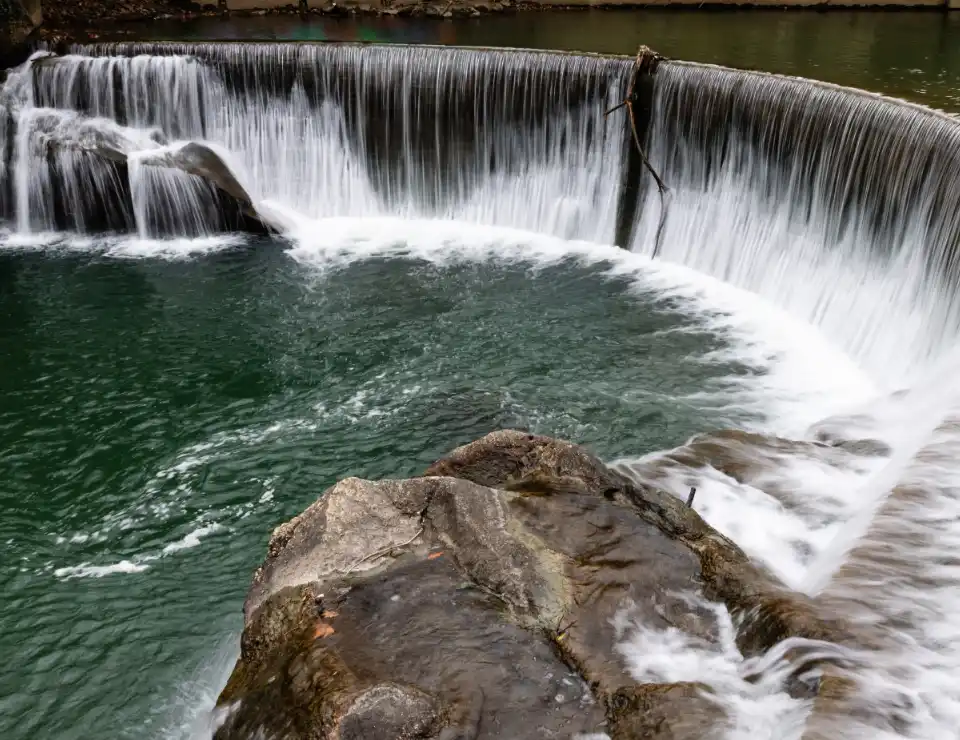
In 2022, the Fleischmann’s Vinegar facility in Baltimore City discharged acidic pollution into the Jones Falls, likely causing significant fish kills. On behalf of Blue Water Baltimore, Chesapeake Legal Alliance took Fleischmann’s and its parent companies to federal court to stop the pollution, secure remediation, and prevent future violations.
In April 2024, the case was resolved with a federally enforceable Consent Decree negotiated by CLA, ensuring the facility will address past damage and implement measures to protect the Jones Falls going forward.
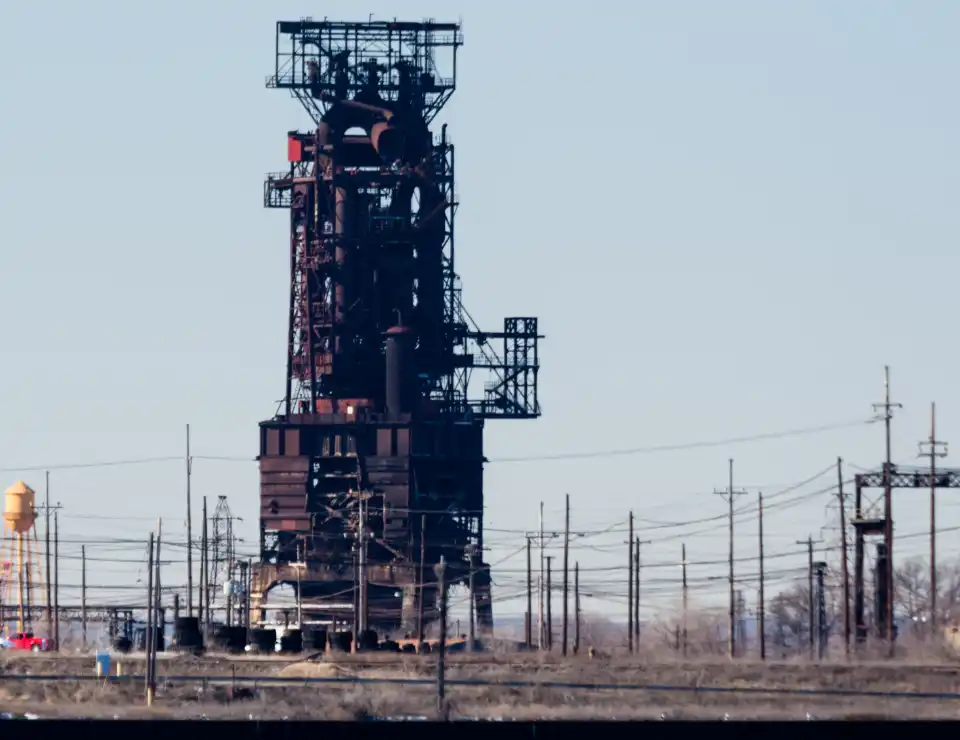
Since 2010, a CLA volunteer attorney has represented Blue Water Baltimore and local residents in litigation to ensure proper remediation of Sparrows Point, the former Bethlehem Steel site. The lawsuit addressed violations of the Resource Conservation and Recovery Act (RCRA), related hazardous waste laws, and Maryland’s erosion and sediment control regulations. Notably, CLA helped protect environmental cleanup requirements even when the plant owners filed for bankruptcy, ensuring funds remain available to restore and safeguard the site.